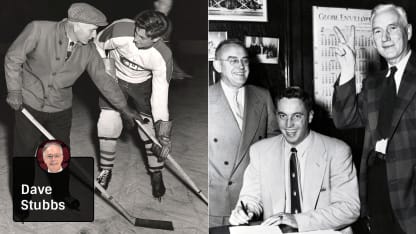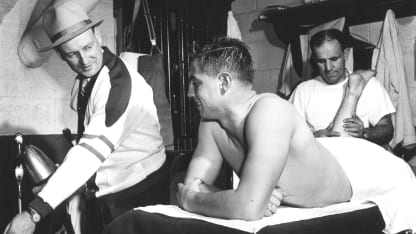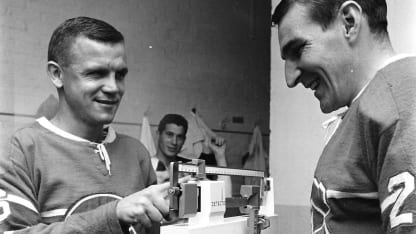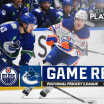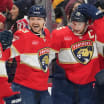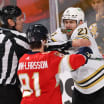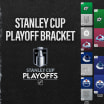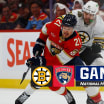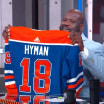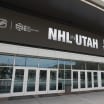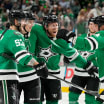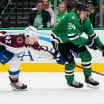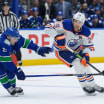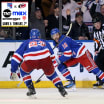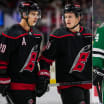But every autumn the man nicknamed "Le Gros Bill" returned to Quebec City, fiercely loyal to the people who were paying him a princely annual wage of $20,000 to play for future NHL coach Punch Imlach's Quebec Aces of the Quebec Senior Hockey League. He finally signed with the Canadiens on Oct. 3, 1953, a signature witnessed by general manager Frank Selke and Irvin in the GM's office at the Forum, and began an 18-year career that finally would drop anchor in the Hockey Hall of Fame.
In those days, the Canadiens' training camp would run 32 or 33 days, a marathon compared to the sessions of less than 20 days (for veterans) that will be run by NHL teams beginning this weekend.
If the on-ice sessions weren't grueling enough, camp sometimes featured some challenging events off the ice as well. In 1949, Irvin sprung a pop quiz on his players that made it into the final two paragraphs of a Montreal Gazette report detailing a few roster moves for a three-game preseason trip into Providence, Rhode Island, Springfield, Massachusetts, and Buffalo.
"Irvin also announced that Doug Harvey was top man in the 'examination' Irvin held last week at the camp," the news began. "It was a written test on hockey rules, and some of the questions were not only tough but tricky. Harvey received 80 marks of a possible 100. Hal Laycoe was second with 79 and Elmer Lach third with 77. Harvey won a $10 prize for his efforts.
"Irvin said many of the French-speaking boys on the squad did well and had higher marks than some of the English-speaking fellows, although the whole examination was conducted in English."
Beliveau remembered usually reporting to camp 10 to 12 pounds above his playing weight of 205 or 206 (the League average ranged from about 175 to 185 pounds during his career), excess baggage he would easily shed from his 6-foot-3 frame once workouts began.
"There were other boys who would report heavier than that, but we were professionals and we were conscious of our responsibilities," he said. "We had to determine what weight was best.
"And then," he added with a chuckle, "(coach) Toe Blake always had his charts to help us find that weight."
Canadiens teammates Ralph Backstrom and John Ferguson, among others, would routinely pose playfully in full uniform standing on a doctor's scale for training-camp photographers.
